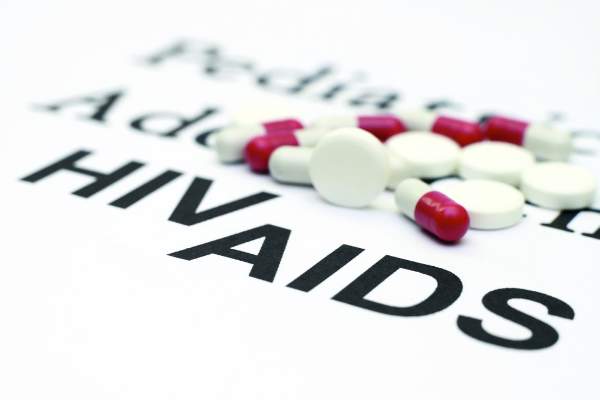A great volume of HIV and AIDS research enters the medical literature every month. It’s difficult to monitor everything, so here’s a quick look at some notable news items and journal articles published over the past few weeks.
Researchers demonstrated the safety and activity of the HIV-neutralizing monoclonal antibody 10-1074 in humans and said their study supports the idea that antibodies targeting the V3 glycan supersite might be useful for the treatment and prevention of HIV-1 infection.
Efforts to support HIV disclosure (such as counseling) may be needed for TB-HIV coinfected patients , particularly for women and those unaware of their partners’ status, a study found.
Mortality among HIV-positive patients who started antiretroviral therapy in sub-Saharan Africa, were lost to programs and successfully traced, has declined substantially during the scale-up of ART, a recent study discovered.
Elevated levels of procoagulants may exert a particularly detrimental effect on neurocognitive functioning among older HIV-infected persons, according to a study in the journal AIDS.
A recent study found that a combination of the anti-HIV drugs tenofovir, lopinavir, and ritonavir in a lipid-stabilized nanosuspension enhanced and sustained intracellular drug levels and exposures in lymph node and blood cells above those in plasma.
Hepatitis B virus infection continues to be acquired in adulthood among HIV-positive Ugandans, but HBV incidence is dramatically reduced with HBV-active antiretroviral therapy, a study found.
In antiretroviral therapy-naive Ugandan children, insulin resistance changed significantly after 48 weeks of ART and correlated with monocyte activation, according to a study in the Pediatric Infectious Disease Journal.
Oxidative stress is associated with a higher risk of serious non-AIDS events in HIV patients, including non-AIDS deaths, according to a study in JAIDS. The authors said the effect is independent and additive to biomarkers of inflammation, monocyte activation and coagulation.
A study at a California teaching hospital found the yield of opt-out HIV rapid antibody screening in inpatients was comparable to the national HIV prevalence average. However, uptake of screening was markedly limited where opt-out screening was delivered by physicians during routine care, with limited time resources being the major barrier.
Variations within fat mass and the obesity-associated (FTO) gene may be predictors of fatty liver disease in HIV-infected patients independently of metabolic factors, according to a study in HIV Medicine.
After adjustment for sex, years of HIV experience, and patient caseload, providing primary care to HIV-infected patients remained associated with delivering comprehensive reproductive health counseling, according to a study in AIDS Care.
A recent study found that treatment dose nevirapine-based combination antiretroviral therapy was generally well tolerated by HIV-infected neonates, and associated with normalization of trough levels over time in most cases without dose adjustment.
Immune function may be impacted by various forms of psychological stress in HIV-positive women, a study found, and investigators said interventions that target stress reduction may be useful in improving immune parameters and quality of life.
Annual HIV incidence among men who have sex with men attending STI clinics in England is high, a study in HIV Medicine revealed, and previous STIs were predictors of HIV acquisition but accounted only for one in five infections.
A study in Public Health Reports found that the prevalence of HIV testing provision at organizations serving young people in Baltimore was low, and few organizations offered linkages to HIV testing.
A study in Hepatology found that eradication of hepatitis C virus infection in HIV/HCV coinfected patients is associated not only with a reduction in the frequency of death , HIV progression, and liver-related events, but also with a reduced hazard of diabetes mellitus and possibly of chronic renal failure.
A recent study found modest but significant improvements in self-assessed quality of life among HIV patients initiating antiretroviral therapy immediately compared to deferring treatment, supporting patient-perceived health benefits of initiating ART as soon as possible after an HIV diagnosis.
Distinct mechanisms may underlie cortical and subcortical injury in people with HIV, a study in JAIDS found, suggesting the potential importance of early initiation of HAART to protect long-term brain health.
A three-hospital study found that an EMR prompt for hospitalized patients was associated with a large increase in HIV testing, a diversification of patients tested, and an increase in diagnoses made by screening.
On Twitter @richpizzi




